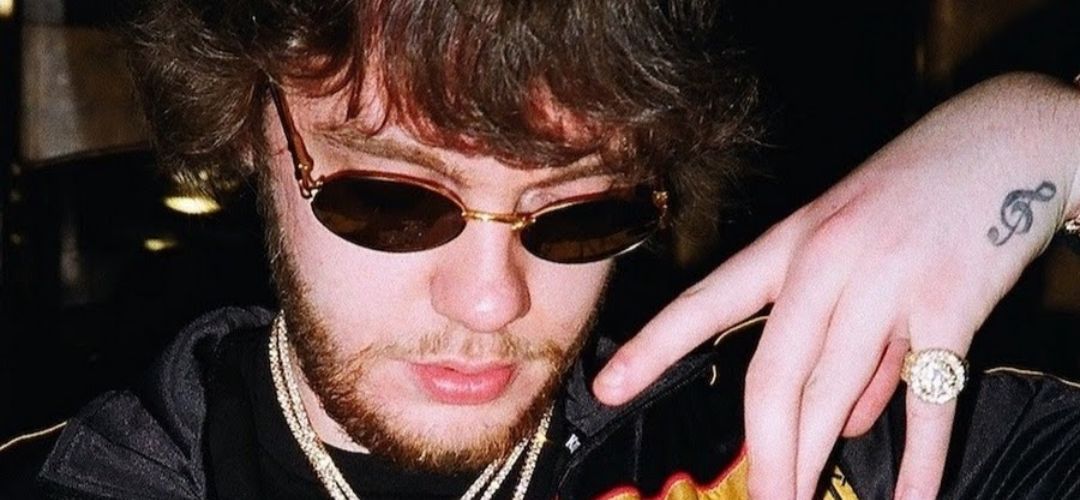The Black Keys have been stalwarts of contemporary rock music since releasing The Big Come Up in 2002, which positioned them as the sludgy, bluesy midwestern bloc of the early 2000s garage rock era.
Much has been made of this period of music recently, with the release of author Lizzy Goodman’s new book Meet Me in the Bathroom (obviously named after a Strokes song), which celebrates and chronicles that brief moment in time when rock music became cool and relevant again.
People who were young in the early 2000’s are now in their mid-30’s, and there’s this sudden nostalgia, and revisionism, about what that time in rock really meant.
The Black Keys, although active at the time, never really “belonged” to that era. The Keys stayed out of the drama and the capitulation of bands like The Strokes and found mainstream success much later than The Killers or Kings of Leon.
Dan Auerbach and Patrick Carney have just released good music for almost two decades, getting slightly more mainstream and poppy as they went along, upping the production level, bringing in figures like Danger Mouse or Ike Turner as producers at times, and having their music used liberally in movies and shows.
The Black Keys always seemed very dad-cool, very above the fray, despite their music becoming slightly formulaic on Brothers and El Camino by the end of the decade.
The Big Come Up and Thickfreakness, released in ’02 and ’03 respectively, are f*cking badass blues records. The opening guitar riff on “Busted”, the first song of Come Up, starts with a little Ali Farka Toure-esque picking, and then devolves into total face melt-dom.
The Keys’ sound was so simple. Auerbach on distorted, jangly guitar and muffled vocals and Carney on the drums.
They ran it back on Thickfreakness, the riffs got dirtier and heavier on their second album.
The Keys subsequently went a little bluegrass, they went for a bigger sound, and by 2010 they became the biggest rock band in the business when Brothers went certified platinum and won three Grammy’s.
It’s clear that Auerbach and Carney are pretty versatile musicians, judging from their solo work and collaborations with other artists, but the Black Keys are a pretty specific-sounding group, the variance in their sound depending on how hard Auerbach’s foot was pushing on the distortion pedal.
Dan Auerbach first solo album Keep It Hid, released right before The Black Keys’ crossover smash album Brothers, is pretty representative of his ability to take it down several notches with a softer, more contemplative style and songwriting.
Auerbach will release his second full-length album next Friday, but it’s available for streaming over at NPR Music.
Waiting on a Song is an album that is very comfortable with itself. There are no face melting riffs, no distortion, just some pleasant (mostly acoustic) strumming and some clever lyrics.
The opening, titular track is an incredibly agreeable song, sounding very Creedence Clearwater Revival-y, about songwriting and looking for inspiration. Auerbach sings about his writer’s block,
“I been thinking and been hummin’
I been pickin and I been strumming
Just waiting, waiting on a song”
“Malibu Man” feels like the end of the journey (both musical and personal) if one was to start at “Brooklyn Bound” off The Big Come Up and finally get out of the big city. But is moving off the island even a good thing?
“I moved from New York
With my boogie board
And bought a big house on the ocean
I stopped being me”
“King of a One Horse Town” is the second single off the album, along with “Waiting on a Song”, and it feels like a standout. There’s some definite America undertones (“A Horse With No Name”, “King of a One Horse Town”… coincidence?).
Auerbach said in a statement about the meaning of the “One Horse Town”,
“The King of a One Horse Town is anyone who’s scared of the outside world. Anyone who’s afraid to go beyond their own block for fear of failure. It could be a drug dealer. A drunk. A professor. That’s a feeling any of us can relate to.”
“Cherrybomb” sounds like mid-career Beck, and it initiates a second half of an album that has more energy than the contemplative first half.
There’s some Norman Greenbaum, or really any late 60s/early 70s, quasi-spiritual pop-rock on “Stand By My Girl”, where Auerbach will absolutely stand by his girl, because, as he sings, “she’ll kill me if I don’t”.
“Undertow” sounds like an AM radio jam from the top of the charts in 1972, which is to say, it’s hyper-specific niche indie rock in 2017.
This is perhaps the theme of Waiting on a Song. Auerbach is clearly a retrophile, The Black Keys’ sound evokes the past of blues and heavy rock; on Auerbach’s solo work, the Akron, Ohio native celebrates different elements and histories of rock music.
Listen over at NPR, and buy (stream) the album next Friday, June 2nd.







